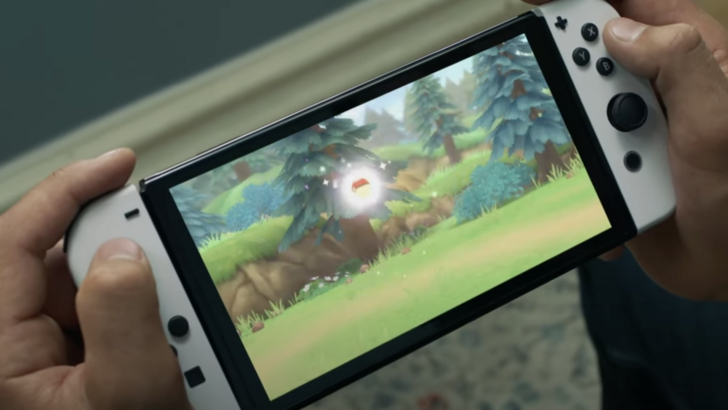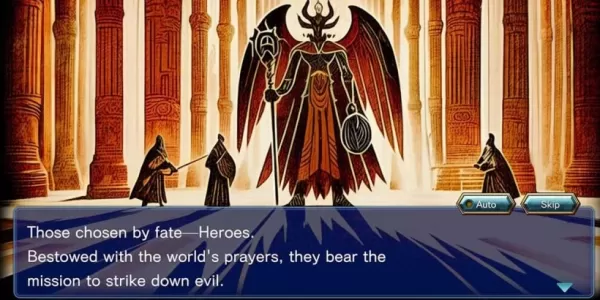Game Devs Explain Surge in Juvenile Titles
The PlayStation Store and Nintendo eShop are experiencing an influx of low-quality games, often described as "slop," characterized by misleading store pages, generative AI assets, and questionable practices. This issue, detailed by Kotaku and Aftermath, has recently spread to PlayStation, particularly impacting the "Games to Wishlist" section.
These aren't simply "bad" games; the problem lies in the sheer volume of strikingly similar, often perpetually discounted simulation games flooding the stores. Many mimic popular titles, employing heavily stylized, AI-generated art that misrepresents the actual game's quality. These games frequently suffer from poor controls, technical issues, and a lack of engaging content. A small number of companies appear responsible for this mass production, often operating with limited public information and changing names to evade accountability, as highlighted by YouTube creator Dead Domain.
Users are demanding storefront regulation to address this "AI slop," especially given the Nintendo eShop's declining performance due to the sheer number of listings. To understand the situation, we investigated the game release process across Steam, Xbox, PlayStation, and Nintendo Switch, interviewing eight game development and publishing professionals (all anonymous to avoid platform holder repercussions).
The Certification Process: All platforms require developers to submit their games for certification ("cert"), a process involving technical checks to ensure compliance with platform requirements and legal standards (e.g., age ratings). While Steam and Xbox publicly list their requirements, Nintendo and Sony do not. Crucially, cert is not a quality assurance check; developers are responsible for that beforehand. Nintendo was frequently cited for rejecting games without clear explanations.
Store Page Review: All platforms have requirements for accurate store page screenshots, but enforcement varies. While Nintendo and Xbox review page changes before launch, PlayStation performs a single check near launch, and Valve only reviews the initial submission. The level of diligence in verifying game accuracy against store page information is inconsistent, with a "forgiveness, not permission" approach often employed. Penalties for misleading information typically involve removal of the offending content, not necessarily delisting the game or developer. Importantly, none of the console storefronts have explicit rules against generative AI use in games or store assets, although Steam requests disclosure.
Why the Discrepancy? The key difference lies in the approval process. Nintendo, Sony, and Valve approve developers, making it easier for approved developers to release multiple games. Microsoft, however, approves games individually, making it less susceptible to "slop." Xbox's hands-on approach and high standards for store pages were praised by interviewees. Nintendo's ease of entry and lack of stringent post-approval oversight contributes to the problem, as does a tactic of releasing bundles with perpetually extended discounts to maintain high visibility on "New Releases" and "Discounts" lists. PlayStation's "Games to Wishlist" sorting by release date, regardless of actual release, exacerbates the issue.
Steam, despite having potential for "slop," isn't facing the same backlash due to its robust search and sorting options and the constantly refreshing nature of its new releases section. Nintendo's approach of presenting all new releases in an unsorted manner is a major contributor to the problem.
The Outlook: While users demand action, the interviewed developers are pessimistic about Nintendo's immediate response, though some hope the Switch 2 eShop might improve. Sony has acted against similar issues in the past, suggesting potential future intervention. However, overly aggressive filtering, as demonstrated by Nintendo Life's "Better eShop" attempt, can harm legitimate games. Concerns exist about accidentally targeting quality software through stricter regulation. The interviewees emphasized the human element of the review process, acknowledging the difficulty in discerning between genuinely bad games and deliberate attempts at deception. Ultimately, striking a balance between allowing creative freedom and preventing malicious practices remains a significant challenge for platform holders. The image below shows the PlayStation "Games to Wishlist" section at the time of writing, illustrating the problem.
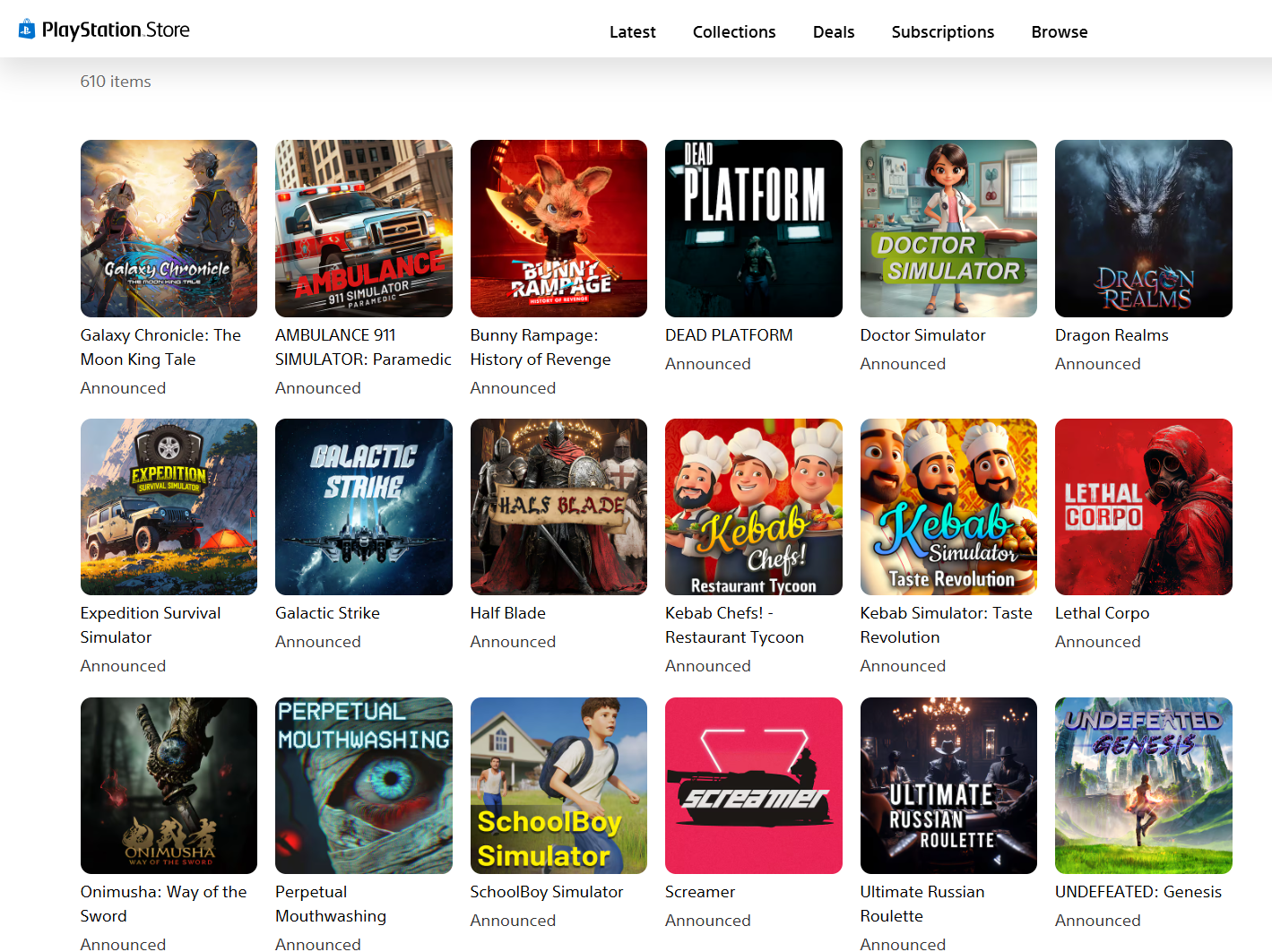
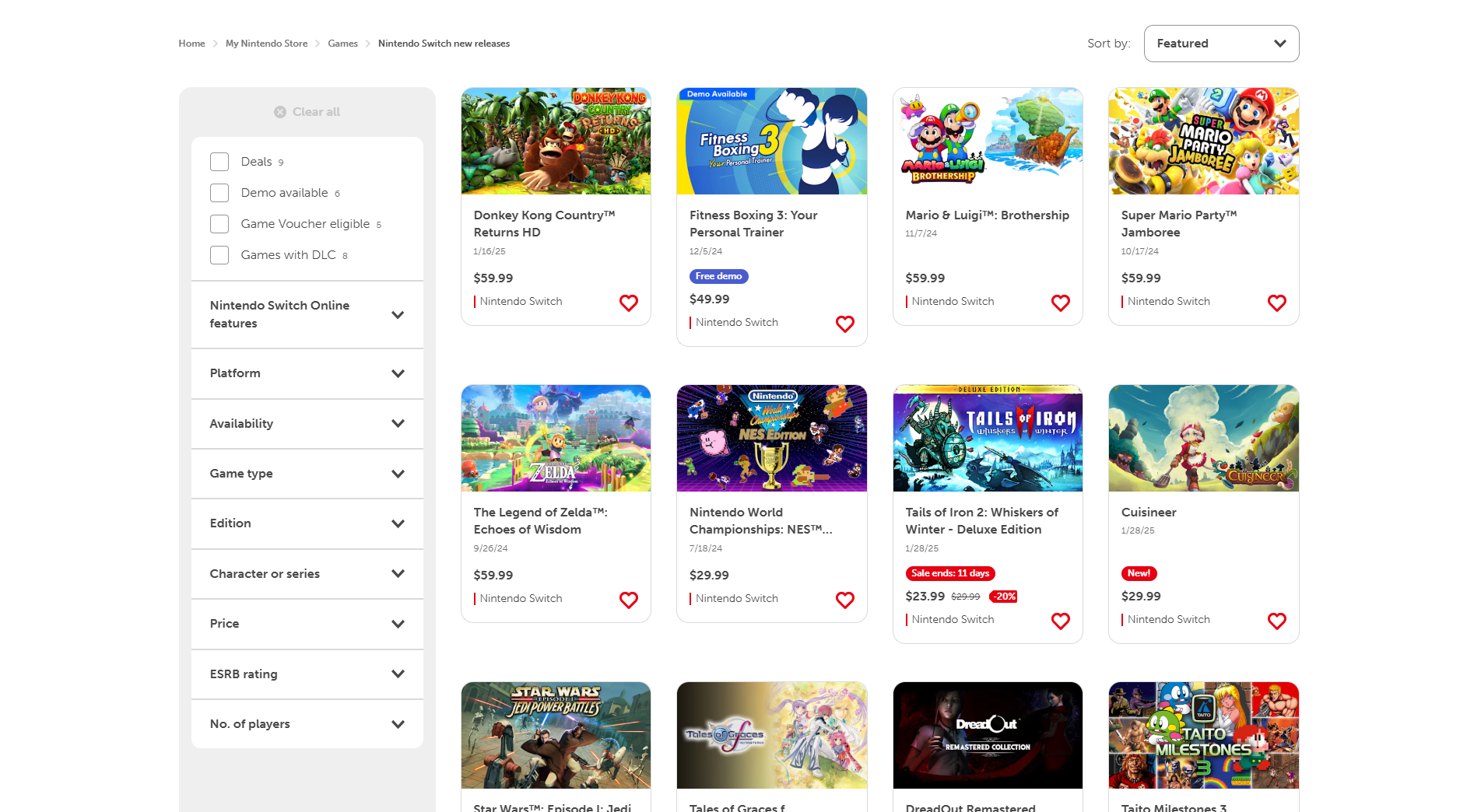
-

Dices: Bluffing game, Party dice games
-

Riot Buster
-

TFT: Teamfight Tactics
-

Growing-Baby Photo & Video Sharing, Family Album
-

e.l.f. Cosmetics and Skincare
-

EA Sports FC Mobile 25 (FIFA Fútbol)
-
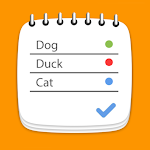
My Dictionary – polyglot
-

Goons.io Knight Warriors
-

Free Movies 2021 - HD Movies Online Cinema 2021
-

Square Home
-

Here Comes Impregno Man! Next Target is an American Wife
-

Prado Car Parking Game 2023
-
1
![Roblox Forsaken Characters Tier List [UPDATED] (2025)](https://imgs.ksjha.com/uploads/18/17380116246797f3e8a8a39.jpg)
Roblox Forsaken Characters Tier List [UPDATED] (2025)
Mar 17,2025
-
2
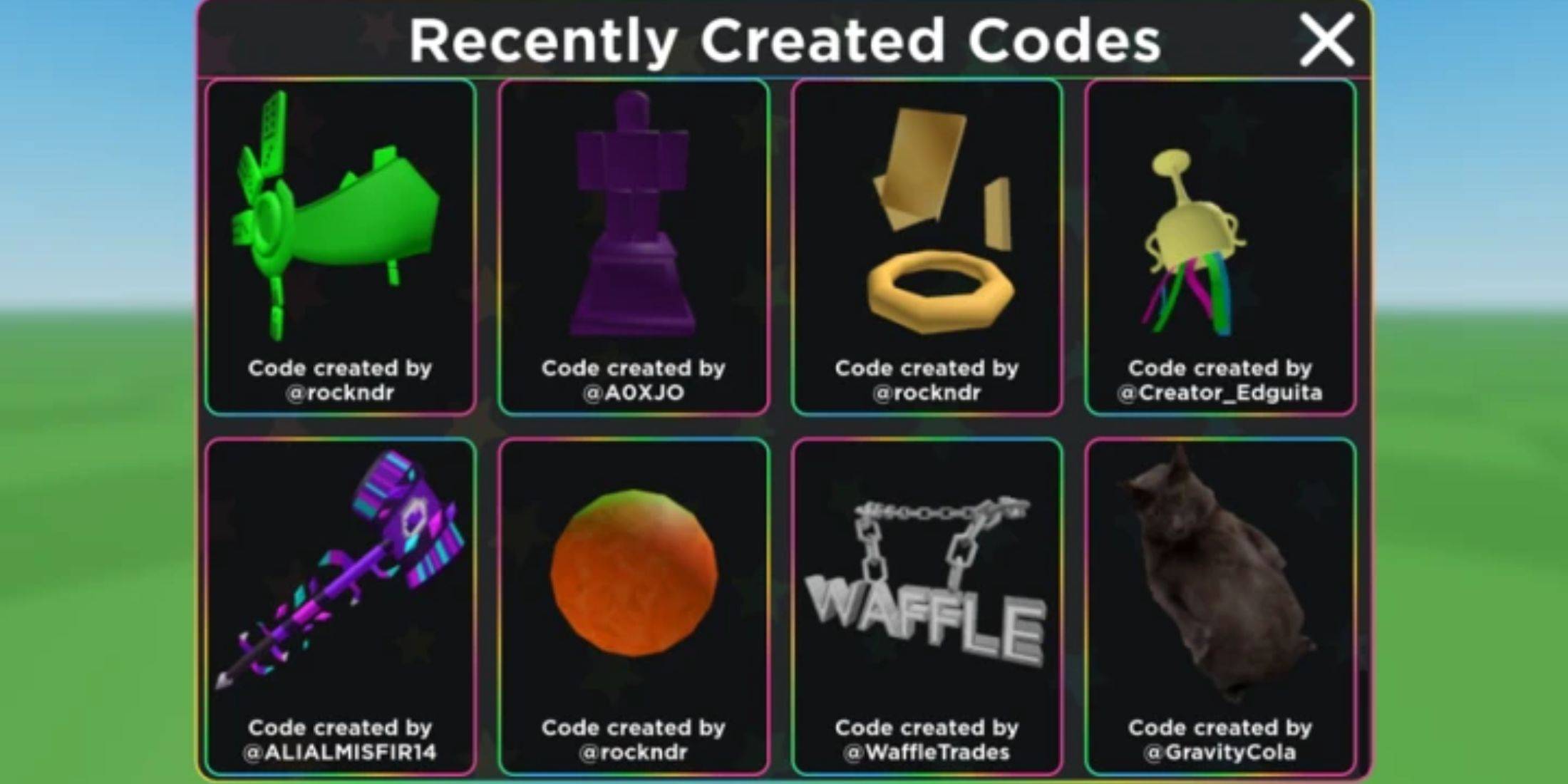
Roblox UGC Limited Codes Unveiled for January 2025
Jan 06,2025
-
3
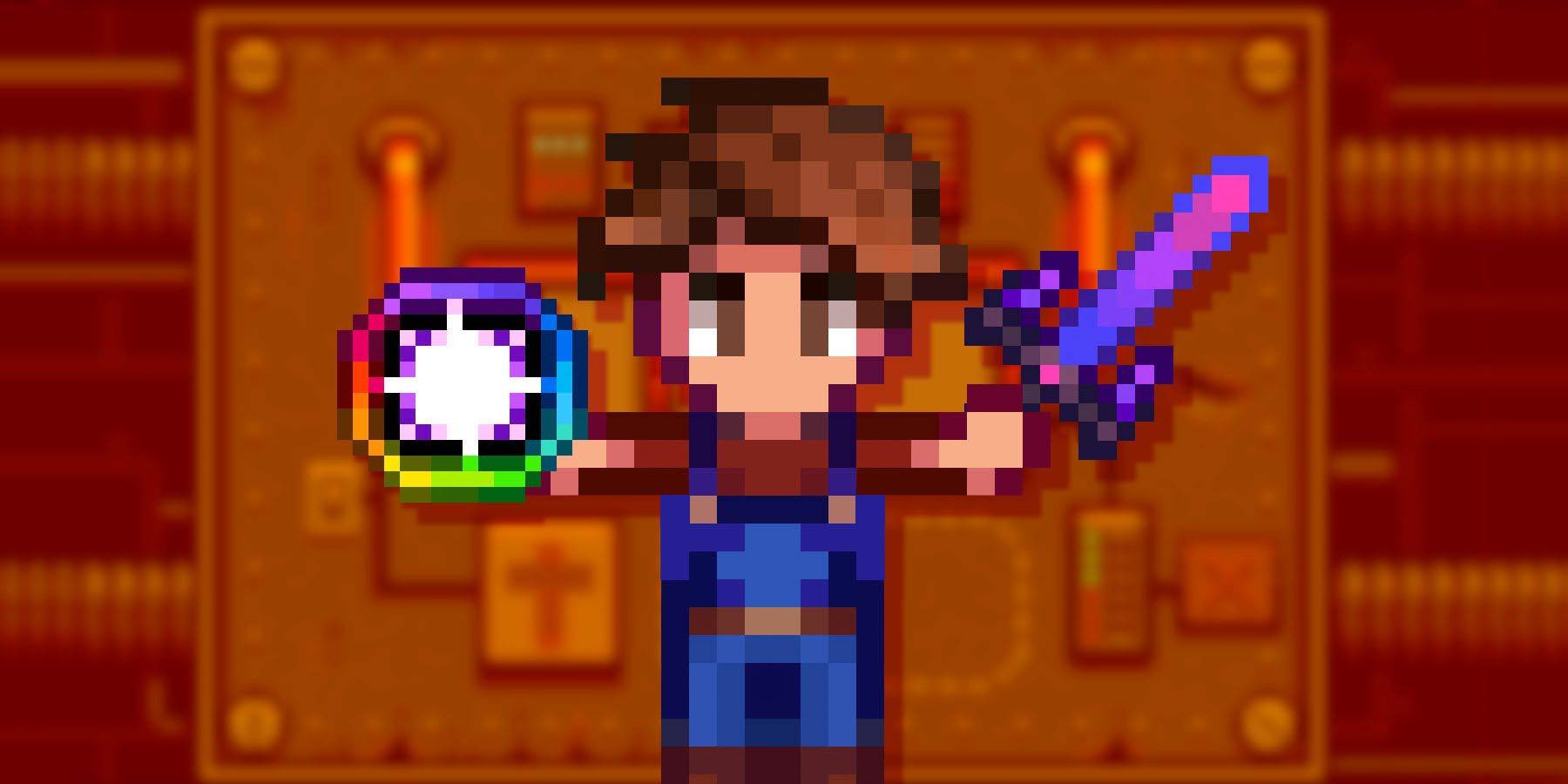
Stardew Valley: A Complete Guide To Enchantments & Weapon Forging
Jan 07,2025
-
4

Pokémon TCG Pocket: Troubleshooting Error 102 Resolved
Jan 08,2025
-
5

Free Fire Characters 2025: Ultimate Guide
Feb 20,2025
-
6
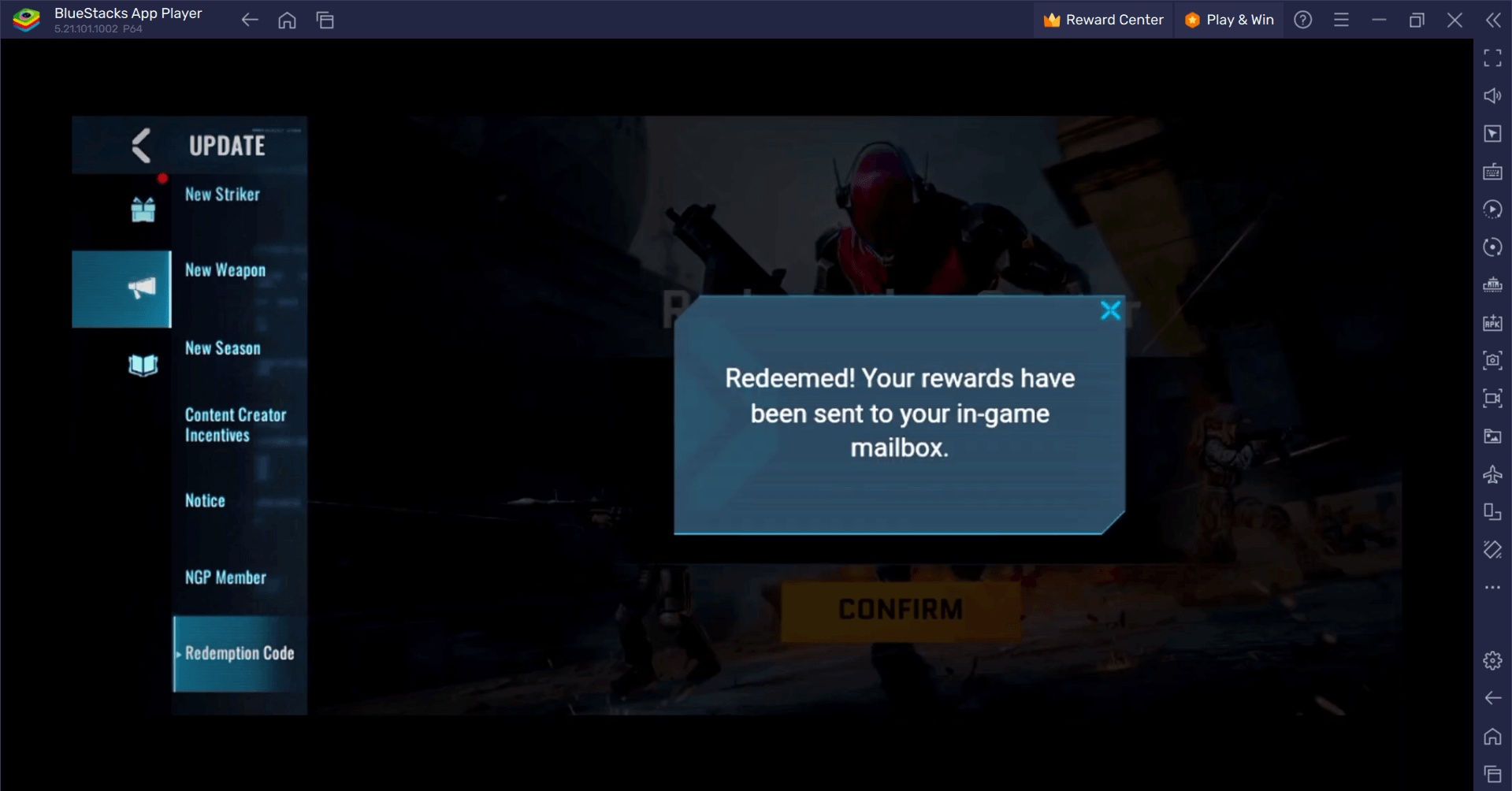
Blood Strike - All Working Redeem Codes January 2025
Jan 08,2025
-
7
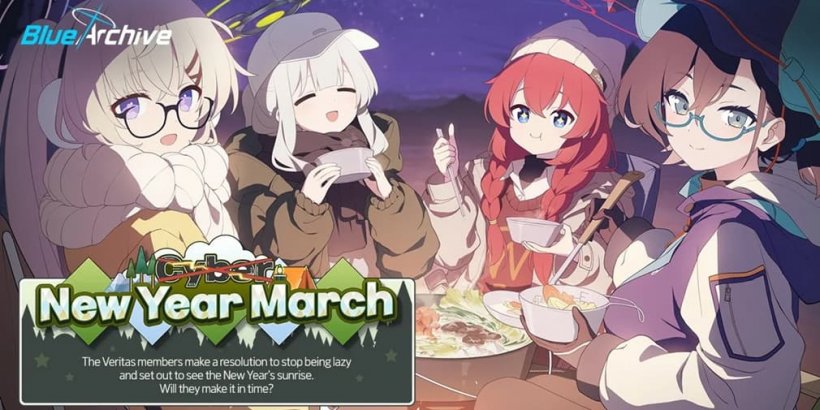
Blue Archive Unveils Cyber New Year March Event
Dec 19,2024
-
8
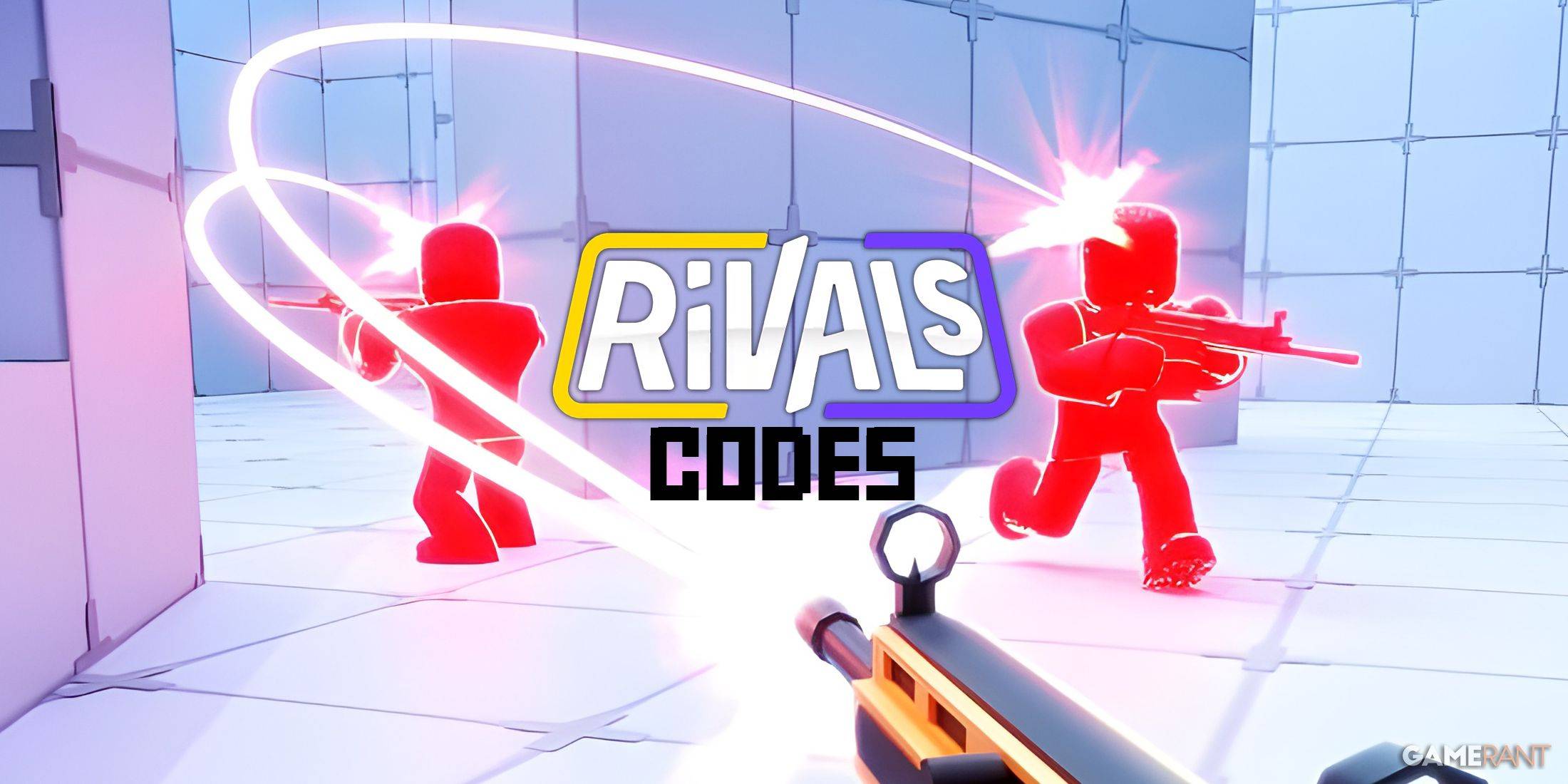
Roblox: RIVALS Codes (January 2025)
Jan 07,2025
-
9
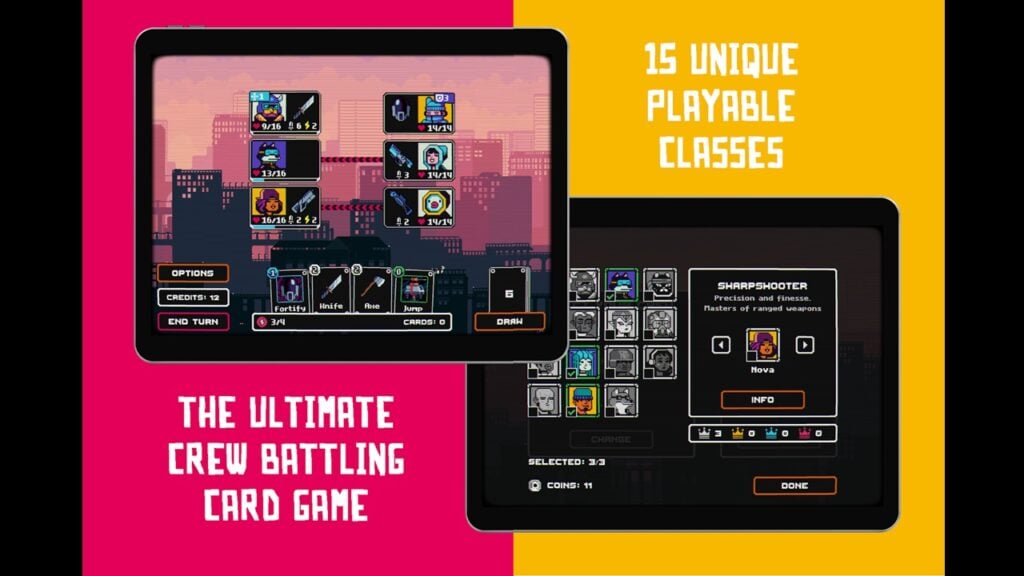
Cyber Quest: Engage in Captivating Card Battles on Android
Dec 19,2024
-
10

Delta Force: A Complete Guide to All Campaign Missions
Apr 09,2025
-
Download

A Simple Life with My Unobtrusive Sister
Casual / 392.30M
Update: Mar 27,2025
-
Download

Random fap scene
Casual / 20.10M
Update: Dec 26,2024
-
Download
![Corrupting the Universe [v3.0]](https://imgs.ksjha.com/uploads/66/1719514653667db61d741e9.jpg)
Corrupting the Universe [v3.0]
Casual / 486.00M
Update: Dec 17,2024
-
4
Ben 10 A day with Gwen
-
5
Oniga Town of the Dead
-
6
A Wife And Mother
-
7
Cute Reapers in my Room Android
-
8
Permit Deny
-
9
Utouto Suyasuya
-
10
Roblox

